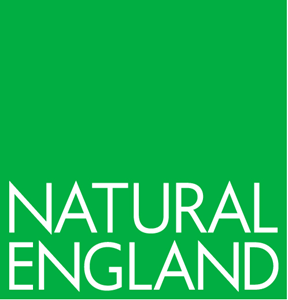Annex D: to possess and move dead specimens of any species mentioned above and species listed on Annex IIb (plants) and IV (animals) of the Habitats Directive
Updated 1 January 2026
Applies to England
Class licence CL30 Annex D: to possess and transport dead specimens of any species protected by domestic legislation - for the purposes of science, research, education or conservation.
Overview
This licence permits Registered Persons, Authorised Persons and their Assistants to possess and/or transport dead specimens of any species protected by virtue of being listed on Annex IIb and IVa and IVb of the Habitats Directive (including those listed on Schedules 2 and 5 of the Habitats Regulations – European Protected Species (EPS)), being wild birds, or being listed on Schedules 5 or 8 of the 1981 Act, or being badgers (meles meles) under the 1992 Act, for the purpose of science, education or conservation.
Activities permitted: possession or transport
Purpose(s) for which these activities may be conducted: this licence can only be used for science; research; education; conservation; conserving wild birds and conserving flora and fauna, which in respect of this licence includes:
- investigating whether an offence has been committed
- gathering evidence in connection with proceedings before any court
- education (for the purpose of this licence means training and public awareness)
Important
These activities are subject to the terms and conditions set out in the main licence in addition to the Annex licence conditions below.
Annex D: licence conditions
- This licence authorises the possession of specimens of:
a) all species listed on Annex IIb (plants) and IV (animals) of the Habitats Directive
b) all wild birds, their eggs and nests, all animals protected by Schedule 5 and all plants protected by Schedule 8 of the 1981 Act, and
c) badgers protected by the 1992 Act
- This includes possession of specimens which either have been, or are suspected of being, removed from the wild unlawfully contrary to the Habitats Regulations, the 1981 Act and the 1992 Act.
- Specimens may be retained for the duration of any investigation or proceedings before any Court.
- Specimens which have been disclaimed by previous keepers or confiscated by the Court may also be retained by the Registered Person for use in the course of their own, or other Authorised Person duties – such as (but not exclusively) staff, other agency or public education or training purposes.
- Any specimens which the Registered Person no longer needs or wishes to retain may be passed to a recognised body (for example, another Force or agency, public museum, recognised educational body or research institution) for keeping. Documentary evidence of the origin and history of the specimen must be supplied and retained with the specimen. Specimens may be given or donated; they must not be sold, exchanged or swapped for other items.
Reporting requirements
- Each specimen and / or derivative sample (hereafter referred to as “specimens”) being held or transported under this licence must be registered with Natural England Wildlife Licensing by email (contact details above), giving:
a) the name of the individual holding and/or transporting the specimen
b) a description of the specimen
c) how the specimen was acquired and the reason for possession and/or transport, and
d) if the specimen is to be stored, the location of storage
- When a specimen is disposed of, then Natural England Wildlife Licensing must be informed by email of the following information:
a) the name of the person the specimen has been passed to
b) a description of the specimen
c) the reason for disposal, and
d) the new location of the specimen

